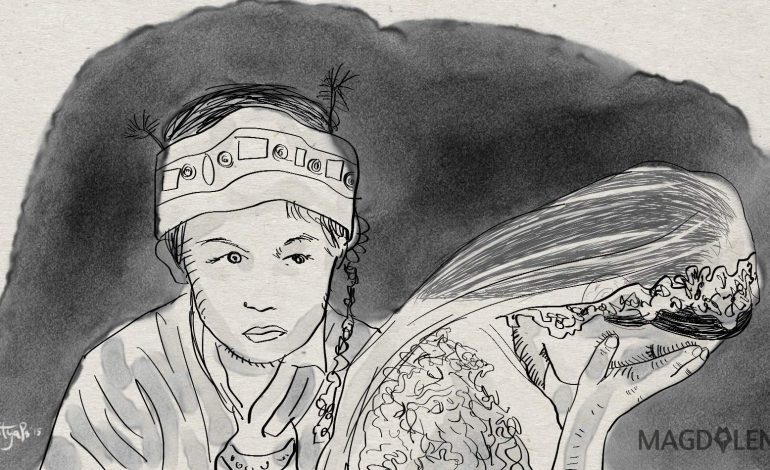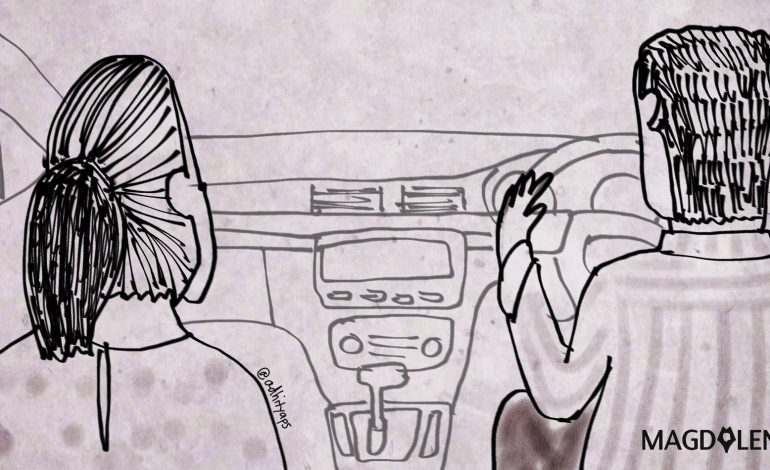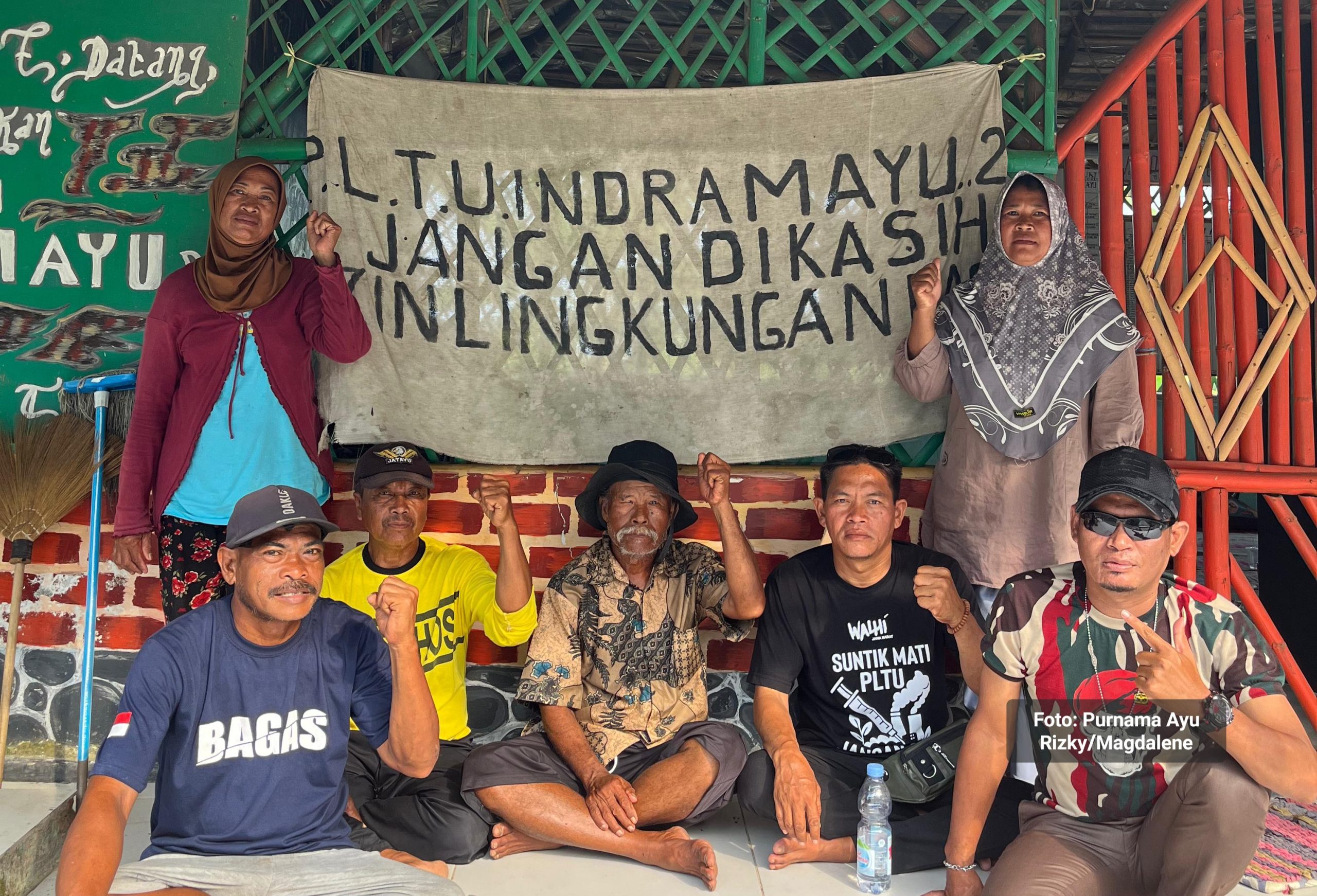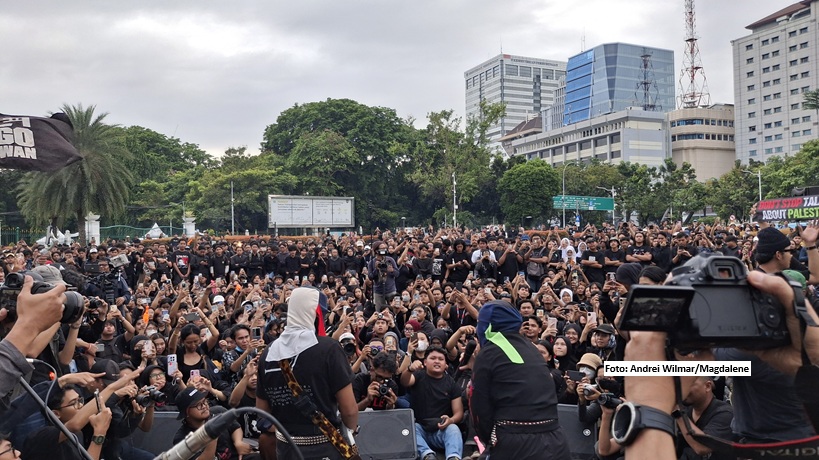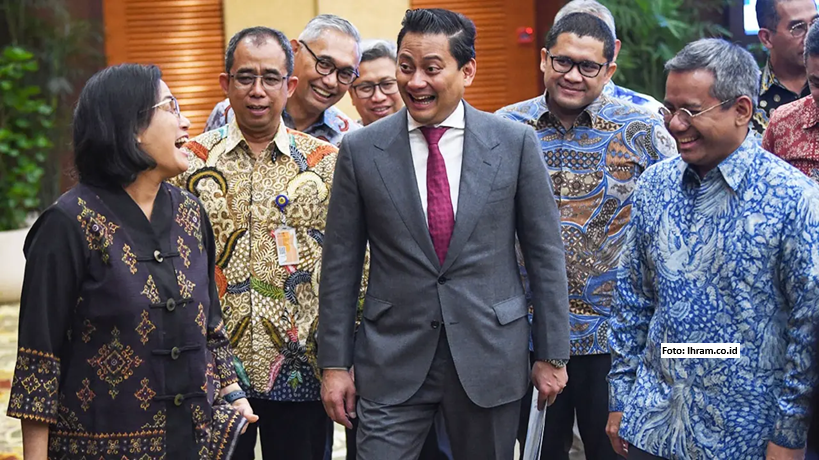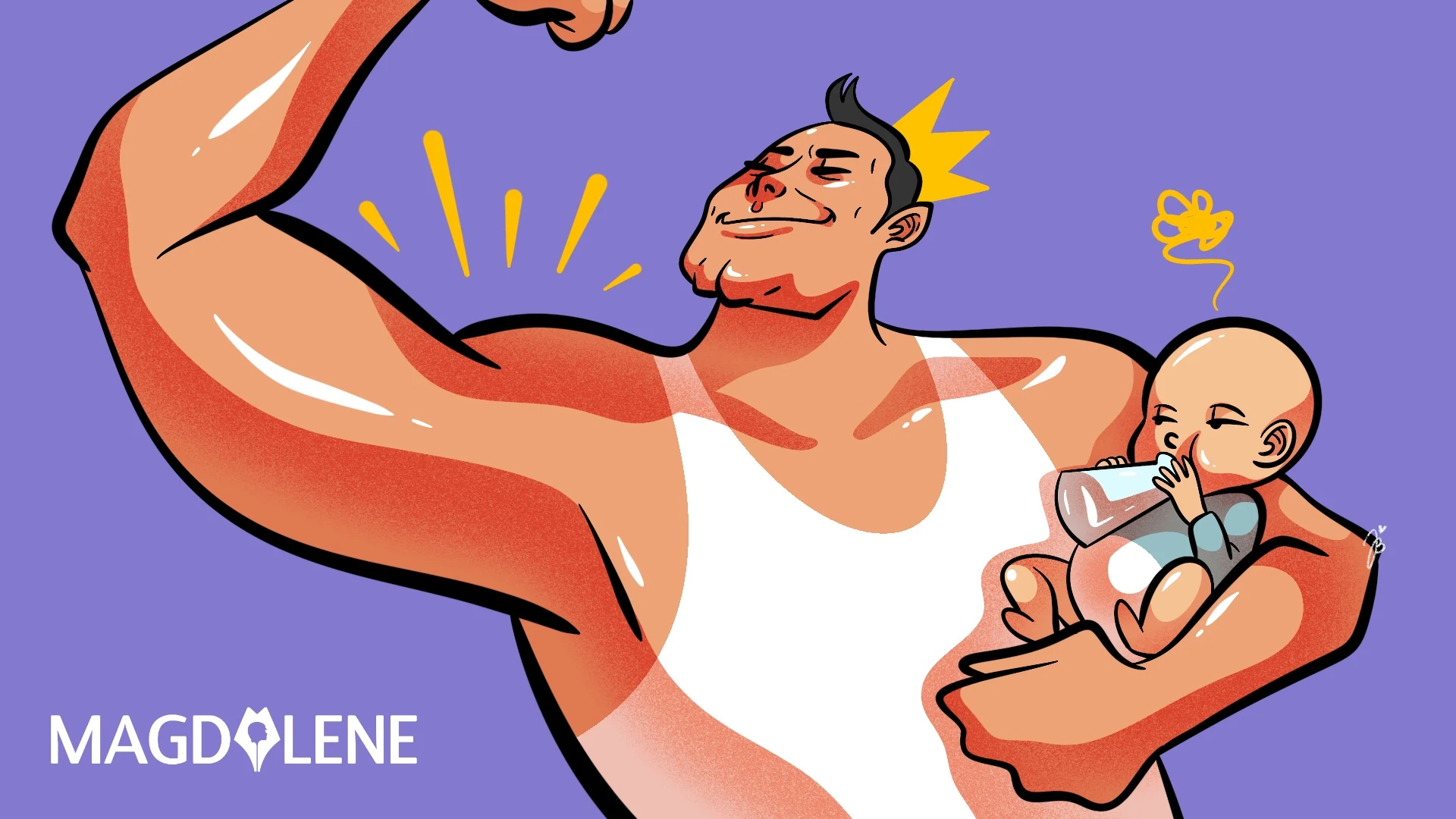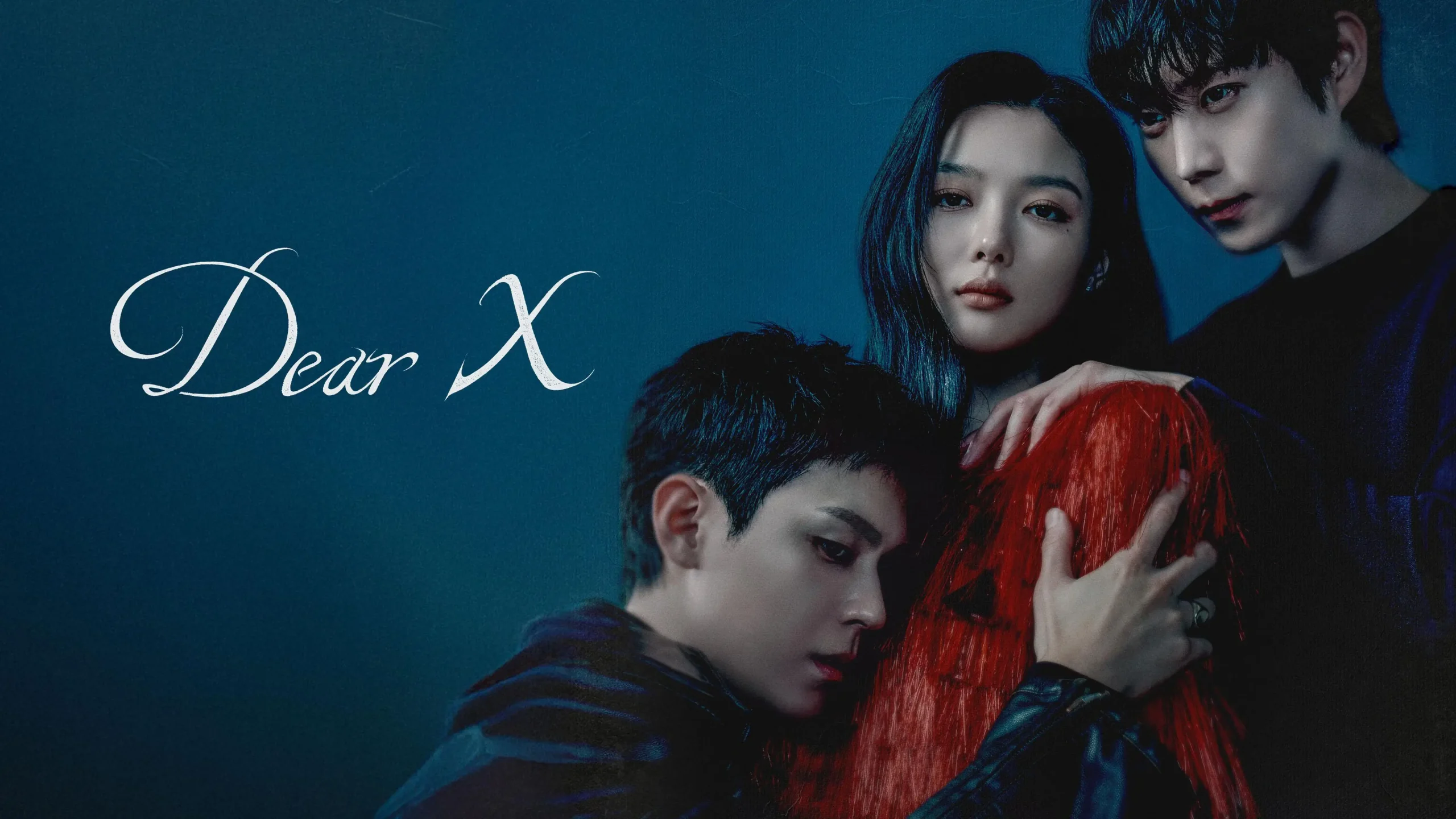A Christian and a Feminist: Reconciling the Contradictory
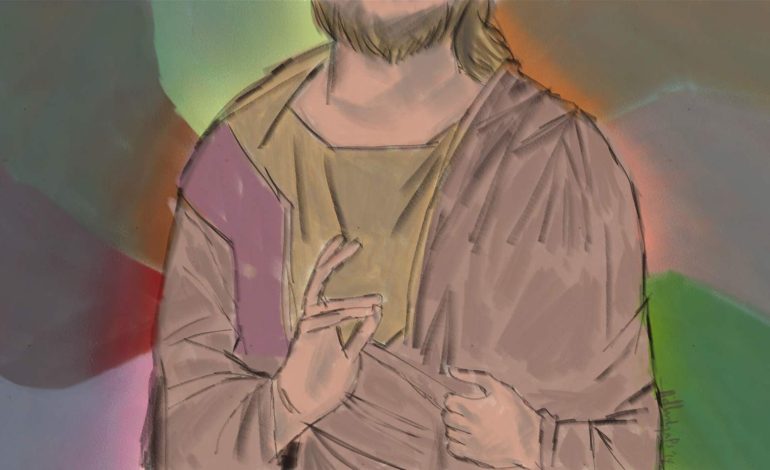
Recently I had a chat with an online friend on being a Catholic and a feminist. We were talking about how different our values were from other people’s in church, including people we’ve known for years. As both of us are learning more ideas and controversies online, we found ourselves being uncomfortable with things others are comfortable with, while being comfortable with things other are uncomfortable with.
We are fine with LGBT+ people. We are fine with Muslims and other non-Catholics. We are fine with the pro-choice side. We understand that Catholic priests are fallible men that could fall into depression or could commit crimes.
On the other hand, we are not fine with sexist jokes and statements. We are not fine with homophobia, Islamophobia and casual racism. We are not fine with Catholics who are criticizing Pope Francis not because he’s not done enough, but because they believe he’s endangering Catholic values.
And I still count Catholic Indonesians to be lucky. Catholicism in Indonesia is one of the most liberal in Asia-Pacific. Perhaps it’s because the southern Dutch and Belgian priests of the 20th century were more liberal compared to their Irish, Polish and Italian counterparts in Singapore and Australia. It could be that this liberal tradition passed to their Javanese and East Nusa Tenggaran successors, compared to the more conservative Chinese, Vietnamese, and Indian priests elsewhere.
As any graduate of a Catholic school would tell you, we have it easy with faith education. Unlike in Protestant schools, we’re not expected to read the Bible. We are not expected to attend the Sunday School or any midweek youth meeting. We can sing hymns half-heartedly, and Lent and Advent morning rituals in school kick the first period out of the way.
Despite the leniency, we have strong sense of identity. A Catholic can attend any Mass in the world and will get the same readings, recite the same prayers, and follow the same rituals by numbers – the only difference is the language. Catholics from different nationalities can trade similar stories about erratic nuns, socialist novice priests, and embarrassing baptism names.
So as I became more comfortable in the feminist world, I had presumed I would love the church better. No longer would I be poisoned by jealousy and insecurity. No longer would I question my ability to socialize with other people. No longer was I angry with my life. I thought that one year later I would write “How Being a Feminist Makes Me a Better Christian.”
Of course, it didn’t happen.
There was actually no drama. No heated debate or Facebook comments war. There was not even any deep conversation. I just thought my Sunday morning could be spent better than going to the Mass (a Catholic is expected to attend a one-hour Mass on Sunday. That’s all). Instead, I have since developed closer friendships with people I haven’t met yet across Indonesia and across the sea, closer, perhaps, than I am with people I’ve seen over the years, including those I grew up with.
Eventually, I got to know more feminist Catholic Indonesians and we share our similar stories. We question our social circles. We are not comfortable with the way our family members, relatives, and friends see the world. We take different approaches: some of us have abandoned the church, although privately, while some others, like me, don’t go to church anymore, though still pray and read the Bible. Some others go the Mass and are active in the church, while trying to reconcile their faiths with their politics.
Indonesians live with this dilemma. Our social network is defined by our religion. For some reason, this is truer for Chinese-Indonesians. It seems there’s no other network, no other circle besides the church. It seems Chinese-Indonesians don’t do anything that is not related with the church. Buddhist and Confucian Chinese-Indonesians are harder to find, and I suspect the Buddhists might also center their social lives around Buddhist institutions.
My non-Chinese friends and relatives seemed to have other social options beside religions – through hobbies, or politics, or arts. Meanwhile, it seems that whatever activity Chinese-Indonesians partake are related to the church community, whether it’s sports, or movie and dining out, or traveling.
I am not sure if this is the consequence of being a minority, or maybe it is to guarantee trust among the members, or what. Sure, one can go out of the box, but years ago I found out that the absence of fellow Chinese in my life was the main cause of my unhappiness for years.
Perhaps all established religions are patriarchal. Global religions were founded by outsiders, but they became respected just after empires adopted them as state religion. Religion, originated from the human need to deal with death and disaster, evolved into an effective form of social control, common ideology, and even the main driver of science and arts in the ancient world.
Empires adopted religions through catastrophes (especially during the tumultuous 7th century) and spread them through conquests and economic superiorities. For example, Sumatera adopted Hinduism, Buddhism, and then Islam because of commerce in the South China Sea and the Indian Ocean. This relation between power and religion still permitted female sovereigns (like Wu Zetian promoting Buddhism in China), but never gave a chance for a female prophet.
If you search the term “Christian feminist,” you are likely to find several recent articles written by British and North American women struggling with the same dilemma. Is being a Christian feminist contradictory? Is it possible? Many argue that Jesus was a feminist and many famous Christian women were active in fighting for change and justice. Still, it seems that such view is still not common in the West, let alone in Indonesia.
Good to know, though, that I am not alone in my thoughts. And I want other Christian feminists to know that you’re never alone.
Read Mario’s piece on finding his “casual feminine identity” in the now departed rock stars and find @mariorustan on Twitter.

